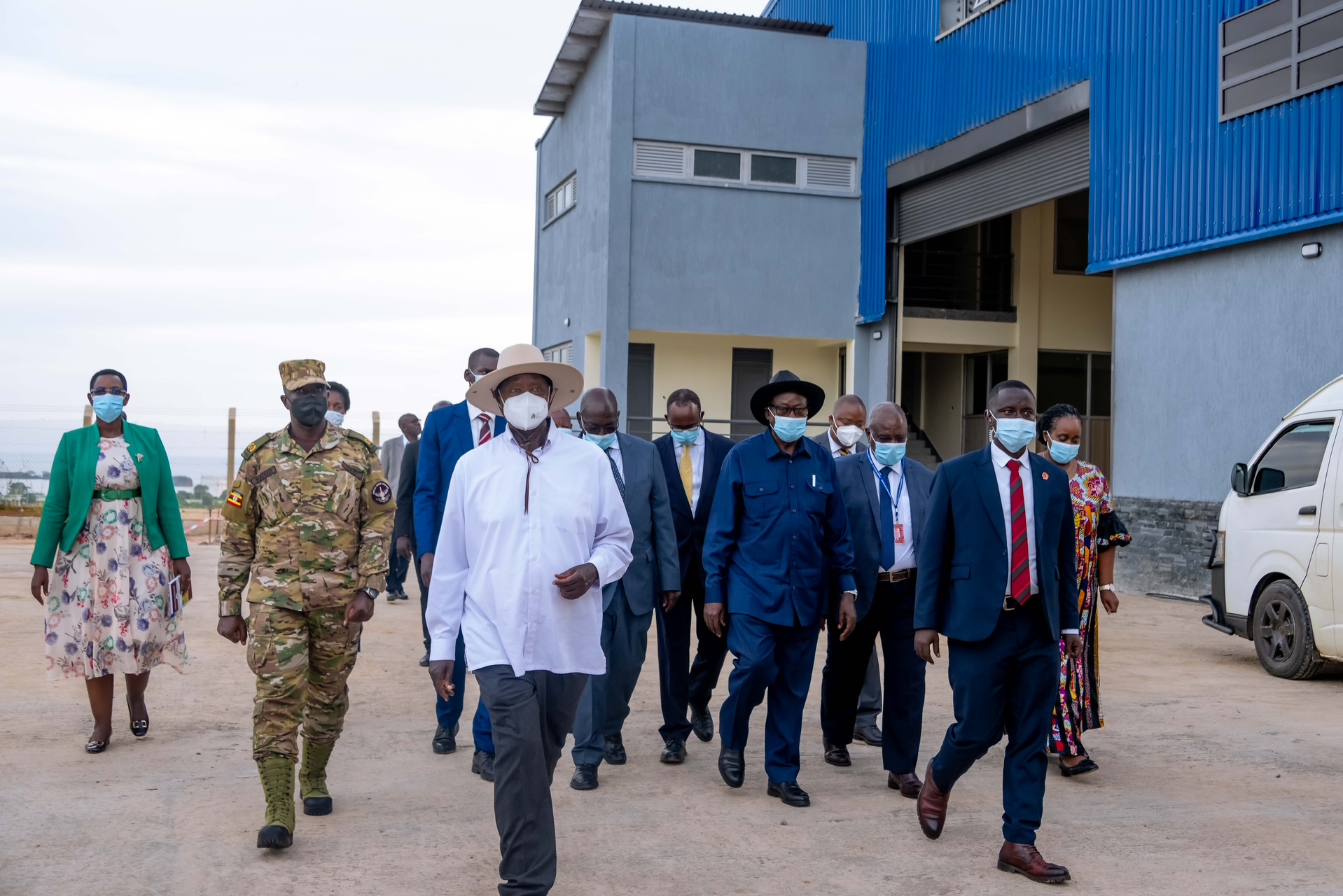Climate negotiator seeks evidence-based talks on Africa at COP27
The Conference of the Parties 27 of the United Nations Framework Convention on Climate Change will kick off in Egypt on Nov. 6.

The rise in multiple extreme weather events in Africa calls for a coordinated approach for evidence-based negotiations at the COP27 in Egypt, a climate negotiator said on Wednesday.
George Wamukoya, the team leader of the African Group of Negotiators Expert Support (AGNES), said in a statement released in Nairobi, Kenya’s capital, there has been a lack of coordination between African policymakers, scientists, and negotiators to provide evidence on the effects of global warming on the continent.
“In all the positions that Africa takes, negotiators must do technical or background papers to generate evidence guiding that position,” Wamukoya, an experienced lead coordinator on agriculture said.
“Ahead of the climate change conference, we have convened pre-meetings where scientists and negotiators have discussed the agenda and identified areas that require evidence. These scientists have helped negotiators in packaging a common African position that is informed by science,” he added.
On Tuesday, Guleid Artan, the Director of the IGAD’s Climate Prediction and Applications Center (ICPAC), said Africa would at the meeting focus on getting adaptation funds from countries that have created the mess for the continent.
Africa is among the continents that have suffered the worst effects of the climate crisis, with countries like Nigeria and South Africa enduring floods as drought ravages the Horn of Africa.
The adverse impacts of the climate crisis have led to increased food insecurity, water scarcity, reduced crop yields and disruption of food systems have taken a toll on African households and the continent’s economic growth.
“Science tells us that Africa is the most vulnerable continent yet it has contributed the least in terms of emissions. Africa’s voice in the global climate negotiations, therefore, becomes critical,” stated Wamukoya.
According to the United Nations Environment Programme (UNEP), the cost of adapting to climate change shocks across Africa is estimated to rise to 50 billion U.S. dollars by 2050 if the global temperature increase remains within 2 degrees centigrade above pre-industrial levels.
This is despite the continent accounting for less than 4 percent of global emissions.
“Delivering a good outcome at COP27 for Africa is, therefore, an imperative. AGNES is ready to make a case for adaptation, doubling adaptation finance, creating greater prominence for loss and damage discussions, raising mitigation ambition, and institutionalizing agriculture in the UNFCCC process. We must deliver on agriculture,” said Wamukoya.
The Conference of the Parties 27 of the United Nations Framework Convention on Climate Change will kick off in Egypt on Nov. 6.







